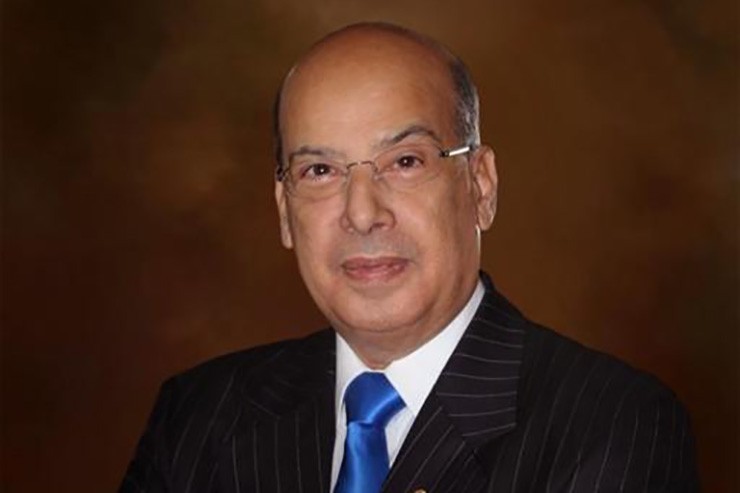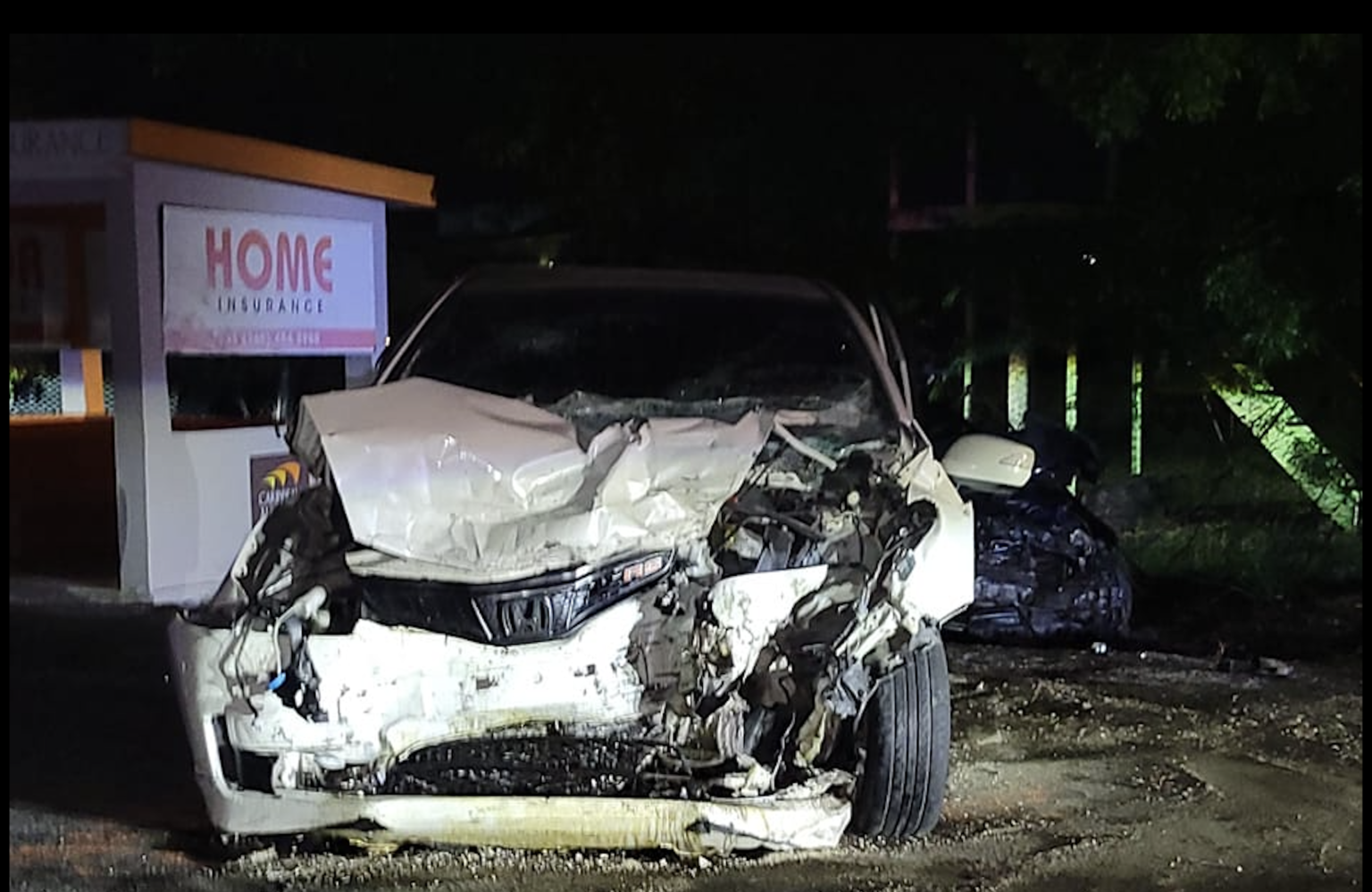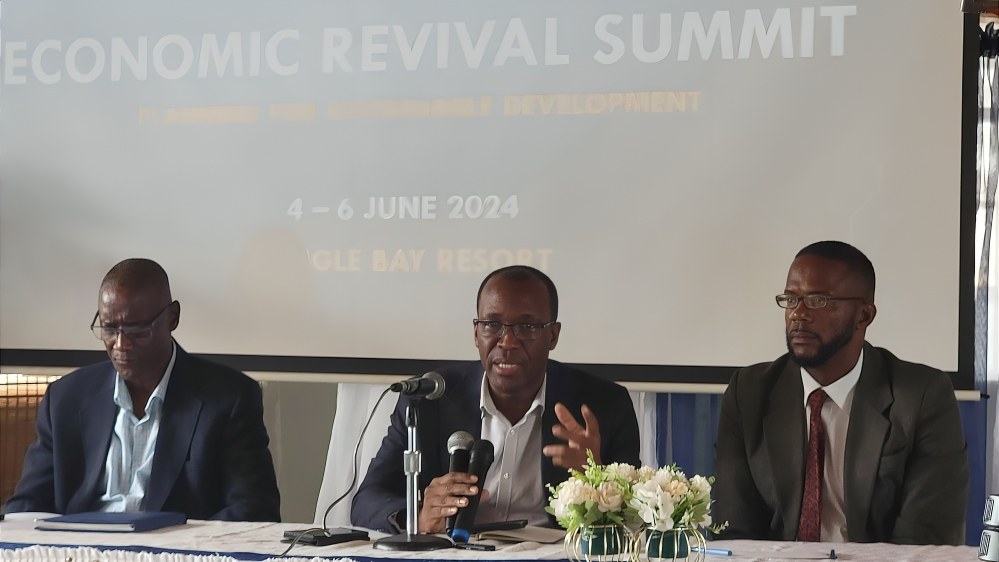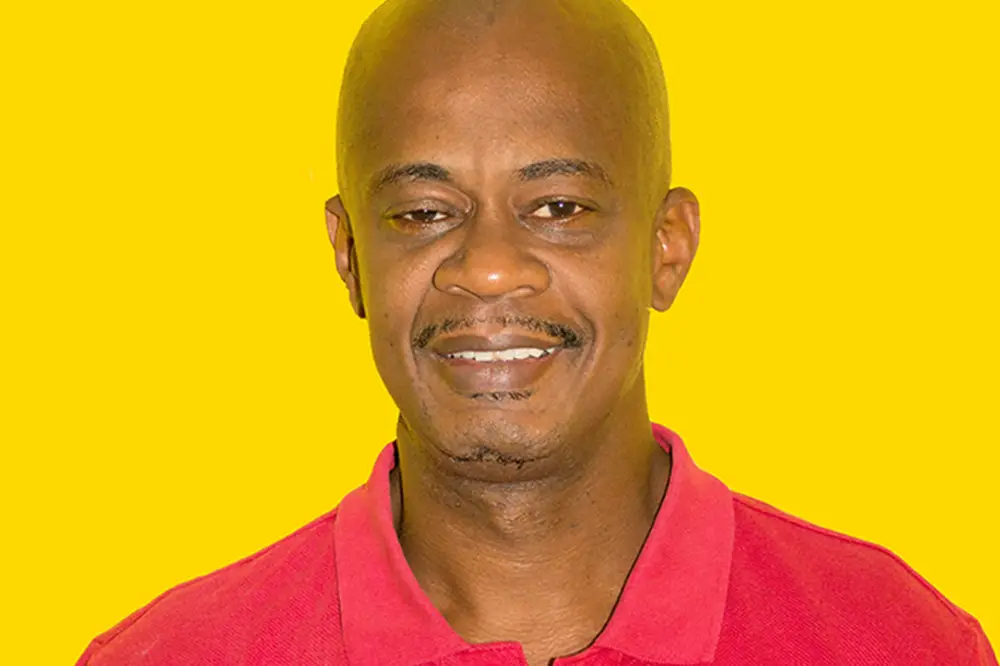By Sir Ronald Sanders
(The writer is Antigua and Barbuda’s Ambassador to the United States and the Organisation of American States. He is also a Senior Fellow at the Institute of Commonwealth Studies at the University of London and Massey College in the University of Toronto. The views expressed are entirely his own)
Commentators in western media, that dominate international news distribution, characterise any government, entity or person who speaks out against meddling in the internal affairs of Venezuela as “supporters of the Maduro regime”.
Implicit in the characterization is that all these governments, entities or persons are “in the pocket” of the Venezuelan government, and, therefore, have no concern about conditions in Venezuela which includes shortages of food and medicines.
The reason for this characterization is simply to discredit efforts to approach the Venezuelan situation in any way other than that which has been decided by some governments in the Western Hemisphere. That way is to declare the Maduro government as illegitimate; recognise the leader of one of the opposition parties, Juan Guaidó, as the President of Venezuela; and do everything possible to topple the Maduro government in Guaido’s favour.
The unstated reasons for wishing to dislodge Maduro’s government are many. They include a dislike for the “socialist” policy in Venezuela pursued by Maduro and before him, Hugo Chavez; the Chavez/Maduro attempt to promote an area of Latin American and Caribbean independent cooperation that excluded the United States and Canada (even though it got no traction); Venezuelan economic support for Cuba which is once again being targeted as a bogey man in the hemisphere; placing Venezuelan oil and its reserves under the control of major Western oil companies.
These reasons to change the regime in Venezuela were already in place before more recent developments gave rise to additional ones, such as the humanitarian crisis in the country; the steady flow of refugees into neighbouring states; and the clashes between opposition crowds and law enforcement agencies that result in deaths and injuries.
But, it should be made clear that Caribbean governments, which have sought a course to resolve the conflict in Venezuela through the promotion of a meaningful dialogue by the Venezuelan parties, leading to a “Venezuelan” agreement on the way forward, are not acting because they are “in Maduro’s pocket”, or are attempting to protect his government. They are acting to protect themselves.
These governments and their representatives at the United Nations (UN), the Organisation of American States (OAS) and in other hemispheric and international bodies, are working to preserve international law, settled international rules, Charters and Treaties to which they are parties.
They are doing so because, as small and powerless states, they rely for their protection and defence on international law and rules. When those laws and rules are ignored, discarded or manipulated, the vulnerability of small countries to the might of larger ones enlarges in every area. Therefore, they are compelled to stand up against the violation of international rules by any country or group of countries whatever their motivation. Accepting suzerainty is the only alternative, but they could not have sought freedom from European colonialism to surrender it to any other.
In this connection, it is a shame that aid to Venezuela’s needy is being politicised. As the UN spokesman, Stephan Dujarrie, said: “Humanitarian action needs to be independent of political, military or other objectives”. The UN guiding principles, established by the General Assembly, in December 1991, are clear in stating: “humanitarian assistance should be provided with the consent of the affected country and in principle on the basis of an appeal by the affected country”. The involvement of the Maduro government is, therefore, essential and to disregard it does not serve the interests of needy people in Venezuela.
Caribbean governments are concerned about conditions in Venezuelan and equally concerned about the opportunities they present for adventurism that is not in the long-term interests of Venezuela or others in Latin America and the Caribbean.
That is why they have strongly made, and supported, efforts to promote dialogue between the parties in Venezuela. They know that picking sides will not end conflict. If one side or the other is emboldened by external forces, it will see no good reason to go to the table of dialogue. Instead, it will continue to promote discord, division and disarray.
To reach an accord, both sides have to be urged and encouraged into negotiation with the full understanding that the real international community, not just a handful of countries that so describe themselves, expect them to do no less and will help neither side until they negotiate a plan for peace and prosperity to which they all say they are committed.
The de-escalation of the conflict requires several immediate confidence building measures which might include: release of all political prisoners; a commitment by all parties not to organise marches and protests that could lead to violence; a free media; and no agenda that makes demands as a condition of the bargaining between the parties.
The negotiations should be accompanied by the international community through the United Nations. The UN Secretary-General could be asked by all parties in Venezuela to appoint a small group of mediators to help the negotiations along, including by ferrying between the parties to sort-out thorny issues and to do some frank talking when necessary.
In any such negotiations, neither side can expect to win everything it wants. But it should be obvious to all that what is ultimately required is a free and fair election, executed by an independent and credible body, and overseen by an invited UN mechanism, that leads to a President and a government elected by the majority of the Venezuelan electorate.
Once elected the government should be assured of support from the global community and its institutions to help to deliver the social programmes the country needs, and to restore its economy.
The Montevideo Declaration made on February 6 by representatives of Mexico, Uruguay and CARICOM countries, and the separate statement made on February 7 by Uruguay, Costa Rica, Ecuador and eight European countries have laid down a framework for action by the global community.
Essentially the two groups argue for an international approach to support a “Venezuelan-owned” resolution to the crisis that excludes “the use of force”. The Venezuelan parties on all sides – and all members of the international community – should support these efforts. But, alas, it may be too much for which to hope.




















